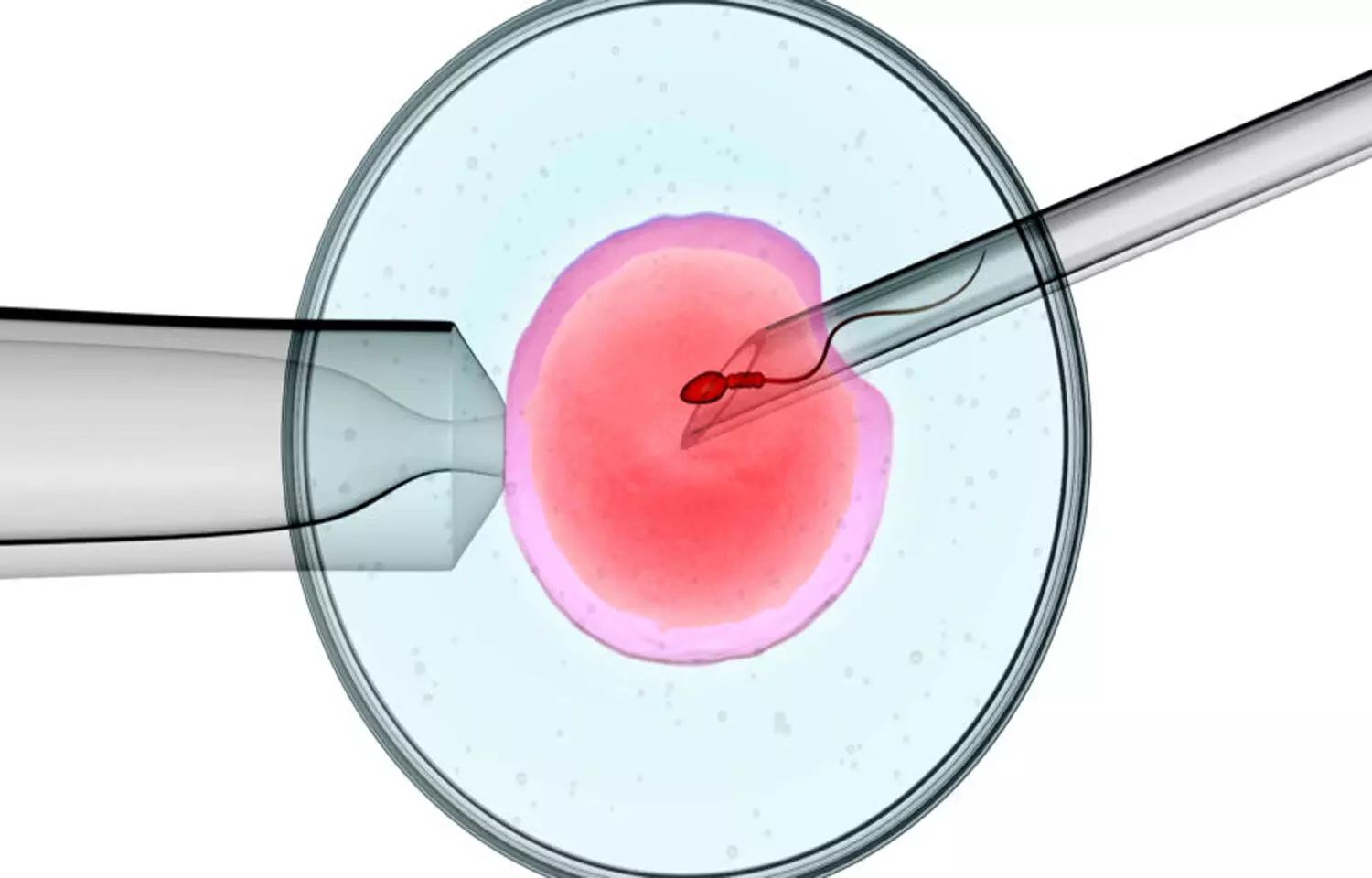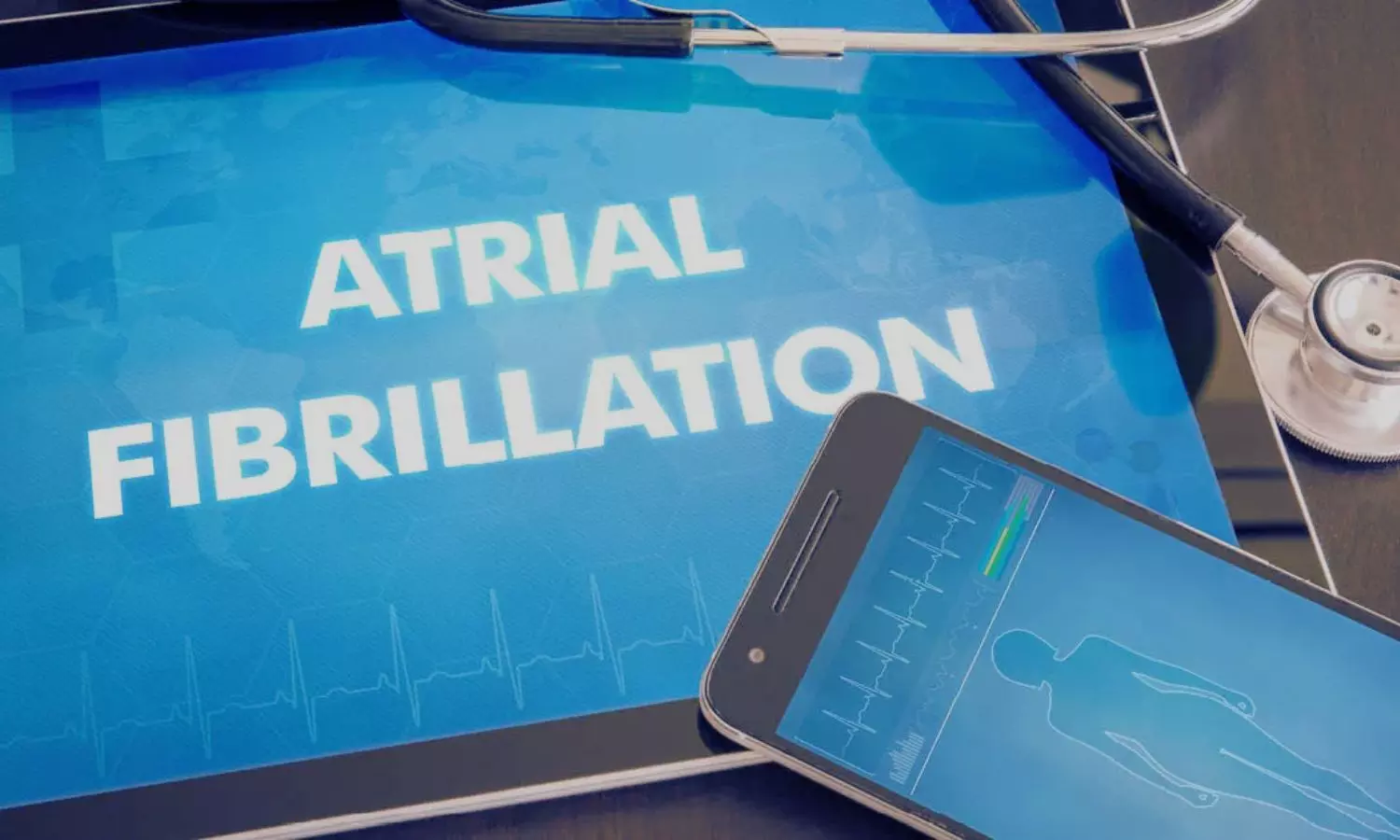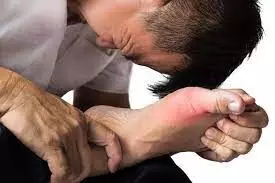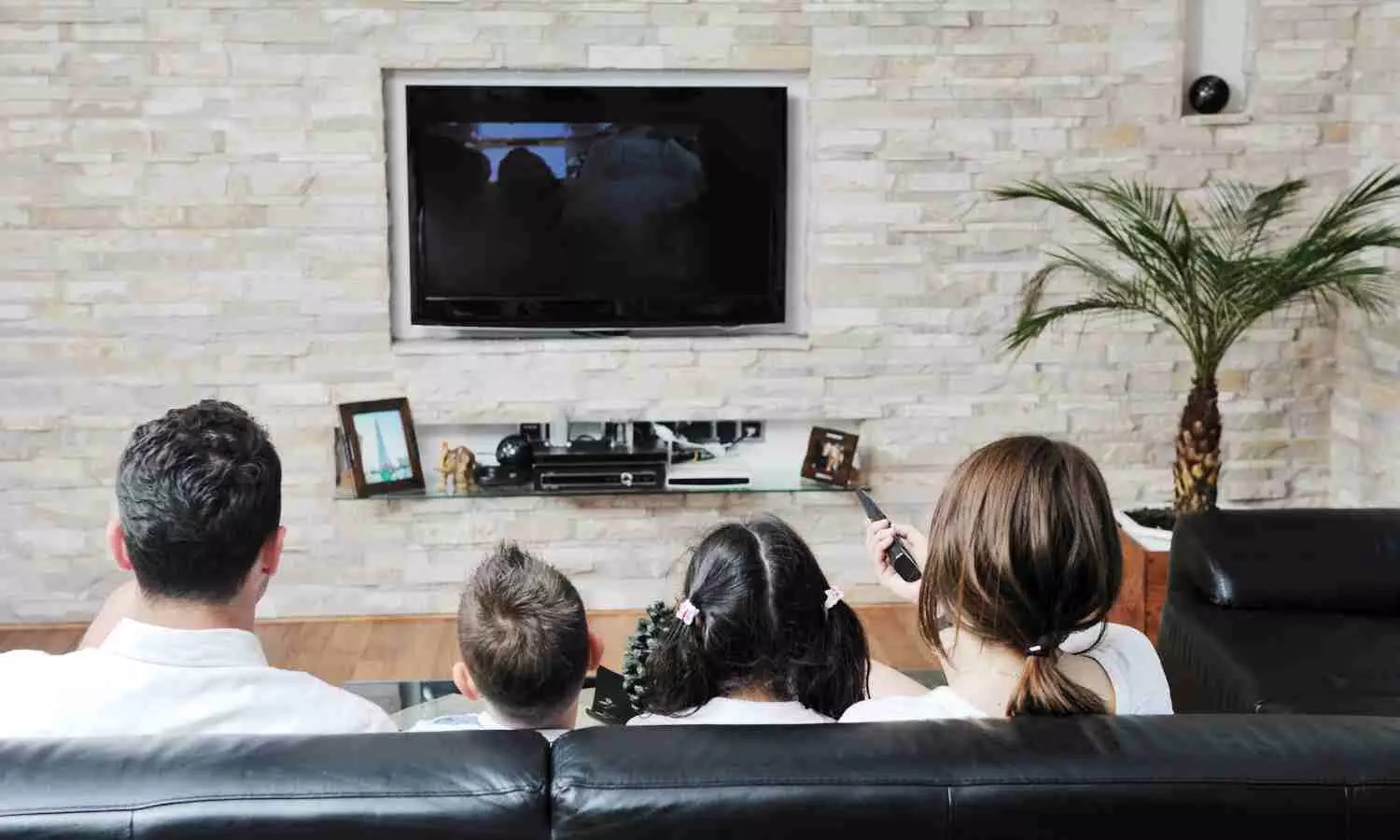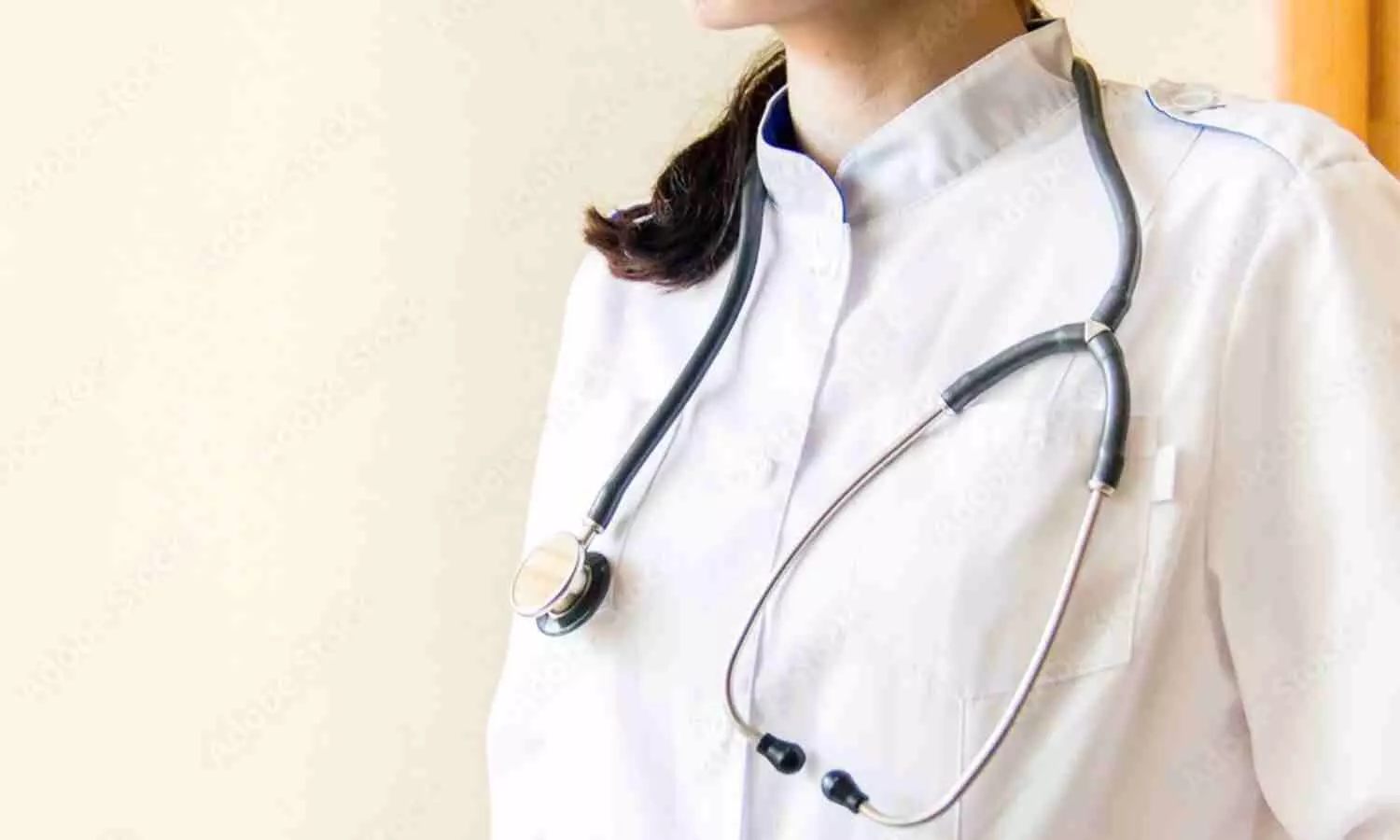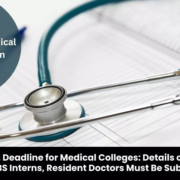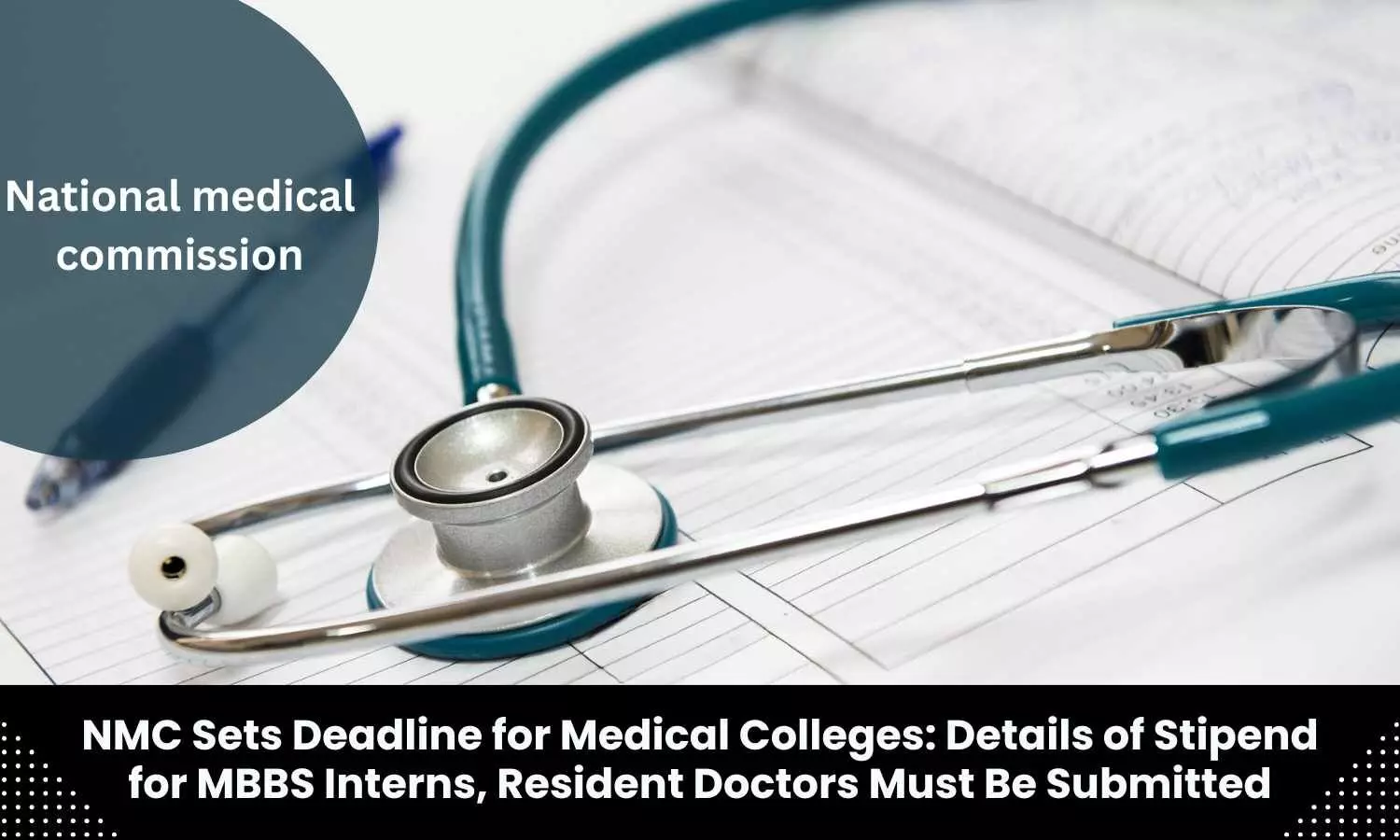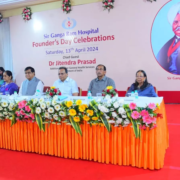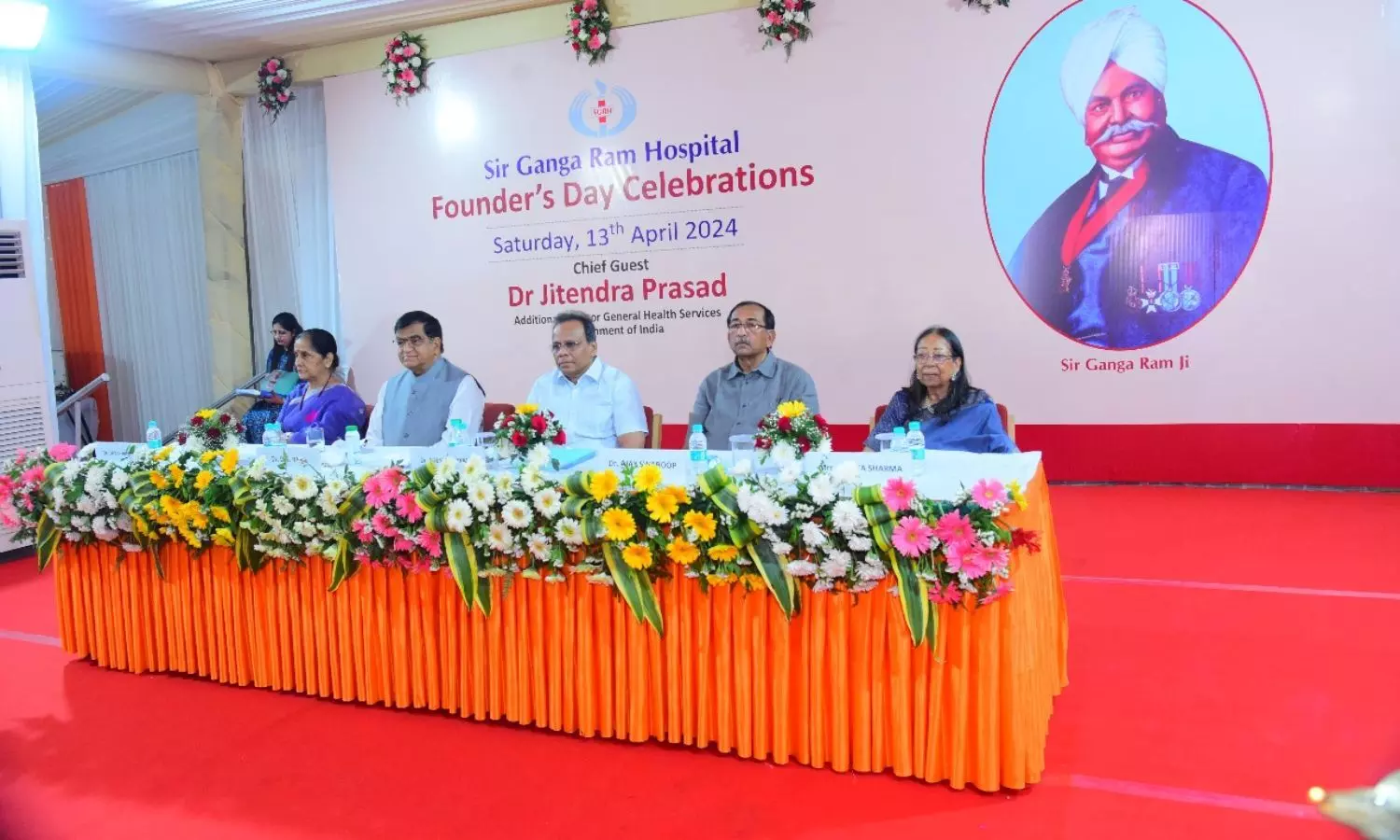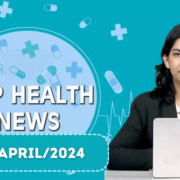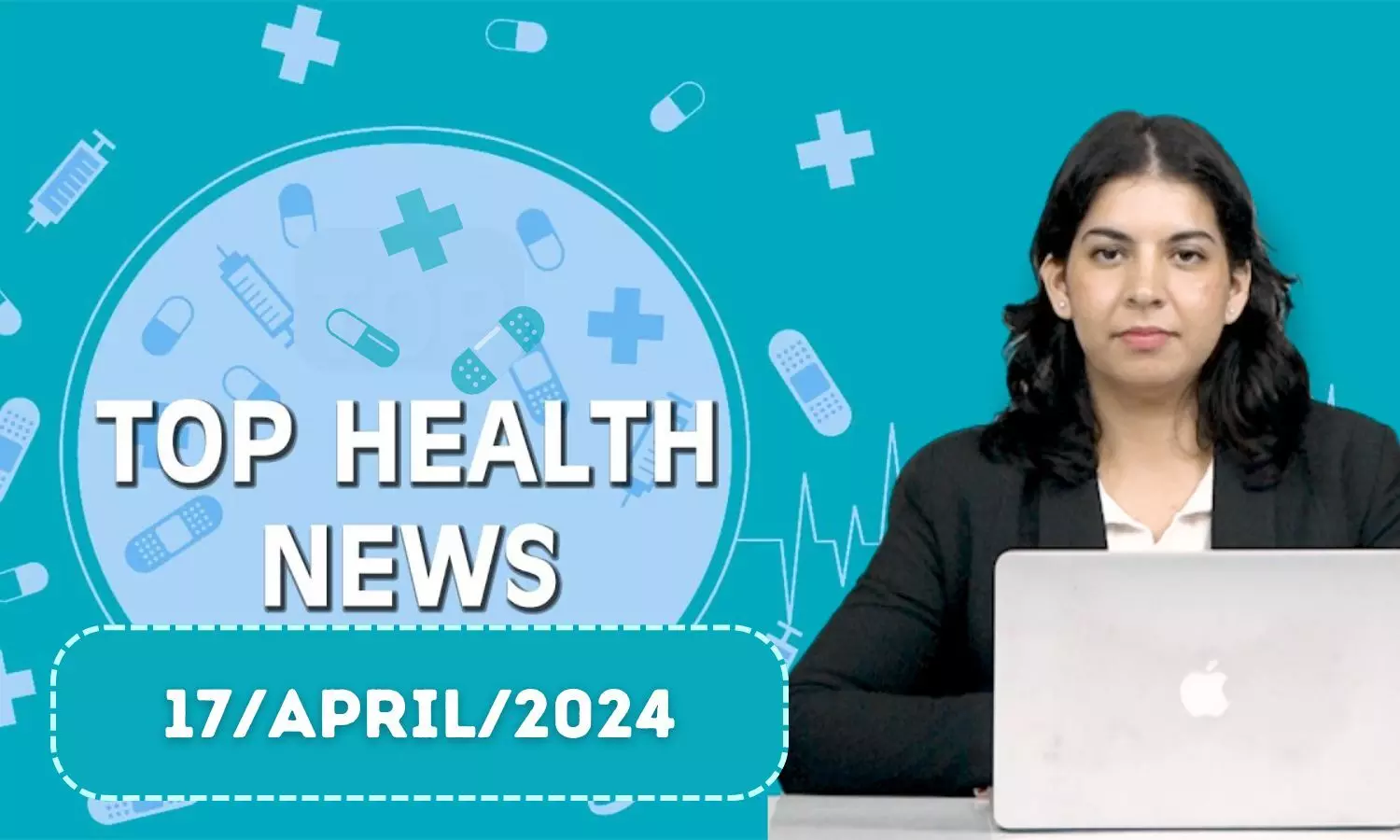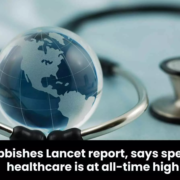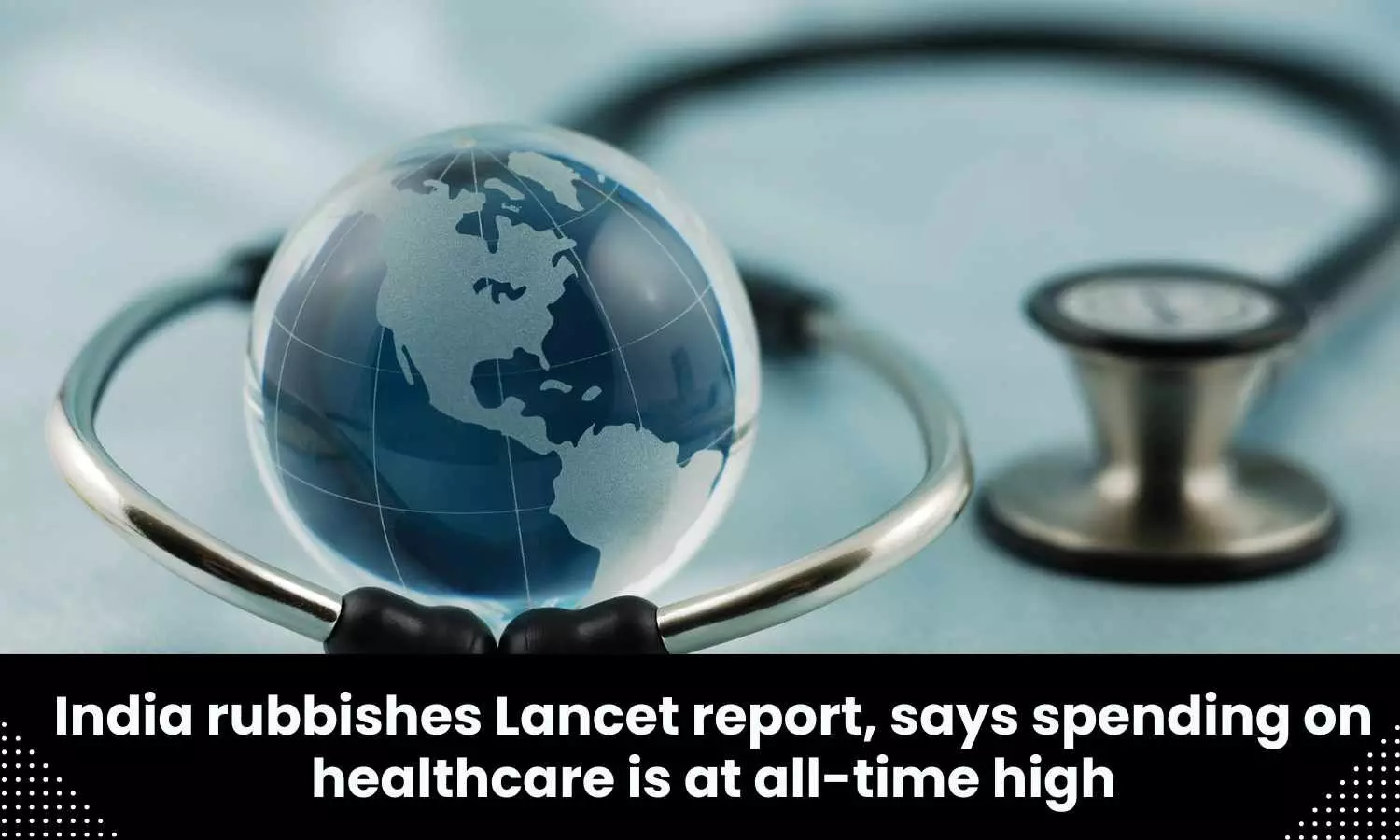
Mumbai: Challenging the three notifications that allowed the College of Physicians and Surgeons (CPS) to continue its 19 medical courses, the former president of the Maharashtra branch of the Indian Medical Association (IMA) and a former member of the Maharashtra Medical Council (MMC) approached the Bombay High Court recently.
Worried over the inadequate infrastructure, equipment and teaching and non-teaching staff for the students, Dr Suhas Pingle in his Public Interest Litigation (PIL) has prayed for an order restraining CPS from affiliating or permitting any clinics and hospitals to admit the students for its post-graduate diploma or fellowship courses, reports HT.
In his plea, Dr. Pingle submitted that he recently came to know that clinics are affiliated with CPS as their training and teaching hospitals to confer their medical degrees. As per Dr. Pingle, such clinics and hospitals do not have the essential infrastructure, teaching and non-teaching staff, and equipment. He further claimed that there was no transparency in the process of admitting students to various postgraduate courses and to conduct examinations and evaluation of answer sheets.
The HC bench has listed the PIL for further hearing on April 22, 2024.
Last year, the Maharashtra Government de-recognised the CPS courses and asked the medical institutes and hospitals not to admit students for any of the 26 diplomas or fellowships offered by CPS, Mumbai. However, the State had clarified that the candidates who had already been admitted to these PG courses before notification would not be affected by this.
However, this year, the State Medical Education Department issued a gazette notification on March 15 reintroducing the 10 CPS courses dermatology, midwifery and gynaecology, gynaecology, pathology, surgery, medicine, ophthalmology and diploma courses in gynaecology and obstetrics, pathology and bacteriology, and child health.
Also Read: 10 CPS courses to restart in Maharashtra
According to a recent report by Hindustan Times, Dr. Pingle has challenged the validity of the notifications issued in 2017 and 2018 and argued that the concerned notifications allowed 9 PG courses offered by CPS at 5 specific medical colleges. However, later, those 5 colleges stopped admitting CPS students and started their own MD or MS courses. Referring to this, the petitioner claimed that the CPS courses have been recognised even in those 5 colleges and considering this, it was required to strike down the notifications.
Apart from this, the petitioner has also challenged the notification issued on March 15, 2024, through which 10 CPS courses were re-recognised. Dr. Pingle argued that even though the concerned notification stated that it was issued under Section 28(1) of the MMC Act, after consultations with the MMC, the state-appointed MMC administrator was not present in the meeting in which it was decided to allow the said courses.
Objecting the decision of allowing CPS to continue these 10 courses, the petitioner claimed that 72 hospitals did not even allow MMC inspectors to inspect their premises to check if those institutes had adequate facilities for training the doctors for PG and Fellowship courses offered by CPS.
The petitioner has also challenged the constitutional validity of section 28 of the Maharashtra Medical Council (MMC) Act, which empowers the State Government for including any course offered by any university or medical college in the Schedule to the Act and therefore confers legal validity on the course across the State.
He argued that the MMC Act is enacted for dealing with the registration of qualified persons to practice modern scientific medicine to take disciplinary action in the case of misconduct and not to deal with medical education.
Referring to Section 10 of the MMC Act, Dr. Pingle further submitted that the concerned section limits the power of MMC to regulate the registration of medical professionals to prescribe the code of conduct and take disciplinary action. Therefore, the provision contained in section 28 was ultra-vires- beyond the scope of the Act, argued the petitioner.
Also Read: Maharashtra derecognises College of Physicians and Surgeons courses
The CPS Controversy:
Established in 1912, CPS Mumbai is an autonomous body that imparts Postgraduate medical education and offers fellowship, diploma, and certificate courses for medical professionals. For the Diploma courses, the tenure is two years; in case of Fellowship, the tenure is three years. After obtaining the qualification granted by CPS Mumbai, the practitioners are allowed to register themselves as specialists in the concerned speciality.
CPS courses have been facing major controversies for a long time. Medical Dialogues had earlier reported that referring to significant gaps in the standards or institutes offering CPS courses, the medical education department of Maharashtra previously wrote to the Union Health Ministry asking for its opinion on whether counselling can be conducted for around 1,100 CPS seats.
Writing to the Centre, the department referred to the inspection of the Maharashtra Medical Council conducted last year and how during the inspection, MMC had found “severe deficiencies” in several institutes. In fact, the Central Government has also set up an eight-member committee to look into the matter.
The controversy continued further and then the Postgraduate Medical Education Board (PGMEB) of the National Medical Commission (NMC) recommended to the Union Health Ministry to withdraw the popular DPB- Diploma in Pathology and Bacteriology, DCH – Diploma in Child Health and DGO- Diploma Gynecology and Obstetrics courses run by CPS from the next academic year.
After NMC, the National Board of Examinations (NBE) also offered rejection to the CPS courses by refusing to bring them under the aegis of the NBE. At this outset, States including Rajasthan, Madhya Pradesh, Odisha, and Karnataka were reportedly considering decreasing the intake for the CPS courses or discontinuing them.
Last year, the Maharashtra Government then de-recognised the courses offered by CPS and asked the medical institutes and hospitals not to admit students for any of the 26 diplomas or fellowships offered by CPS, Mumbai.
Ultimately the matter reached the Court and filing a plea, CPS argued that 10 courses which were recognised under NMC Act 2019 cannot be de-recognised by the State. Thereafter, in December 2023, the State filed an affidavit in the Bombay HC and stated that it would review its decision.
Medical Dialogues had earlier reported that last year, opposing the plea by the College of Physicians and Surgeons, which challenged the State Government’s decision to de-recognise the CPS courses, former MMC member Dr. Suhas Pingle had approached the Bombay HC.
Also Read: CPS challenges derecognition, Former Medical Council member moves HC against petition
